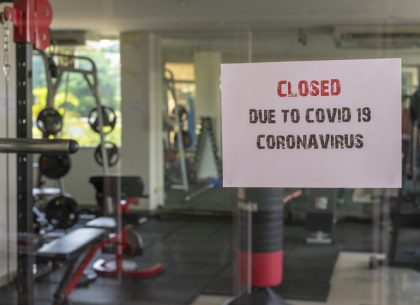Los Angeles Lease Assignment & Subletting Attorneys
Schorr Law helps commercial and residential real estate clients with sublet and lease negotiation. Assignment and subletting is the process of transferring some or all of the interest in property (created by a lease) to another.
The individual lease controls a tenant’s ability to assign or sublet their lease. We have found that by assigning and subletting a lease, tenants who are no longer able to abide by the terms of the lease can reduce their liability by assigning or subletting their interest in the pre-existing lease to another tenant. Generally, the lease will require the landlord’s written consent to either assign or sublet the lease.
Schorr Law offers counseling to landlords and tenants regarding the ability to assign or sublet a lease. We can help you avoid liability on your lease through assignment and subletting. We have experience in negotiating the lease assignment and subletting of a lease, and litigation concerning lease assignment and subletting.
What is lease assignment and subletting?
For many reasons, a residential or commercial tenant may not be able to complete the full term of their lease. When this occurs, the tenant may seek to assign their lease or sublet the premises. Most commercial leases allow the tenant to sublease provided they obtain the landlord’s consent—consent that the landlord cannot unreasonably withhold. In the residential context, however, most leases do not allow for subletting.
Can anyone sublet their apartment or home?
No. In the residential context most residential leases prohibit subletting. This is especially true in rent control situations where the tenant is enjoying leaser rates that the tenant may want to hold onto for an indefinite period of time. In fact, subletting in the residential context, without landlord written consent, can be an incurable breach of the lease potentially leading to an eviction.
When is it a good time to sublet/ lease assign a property?
When you have no other choice. Subletting a lease is typically a method of last resort where the tenant no longer has a need for the lease or no longer has the financial means to be able to afford the lease. In those circumstances, the tenant should typically try to look to sublease the premises to mitigate their damages provided they have the landlord’s consent to do so. In rare circumstances the tenant may be able to sublet the premises and actually collect more rent than they owe. If that occurs, the tenant should check their lease to see if the lease has a provision in it whereby the landlord gets to recapture that excess rent.
Areas of Clients Represented in California
Other Areas We Serve In California - Riverside, CA - Ventura County, CA - Kern County, CA











